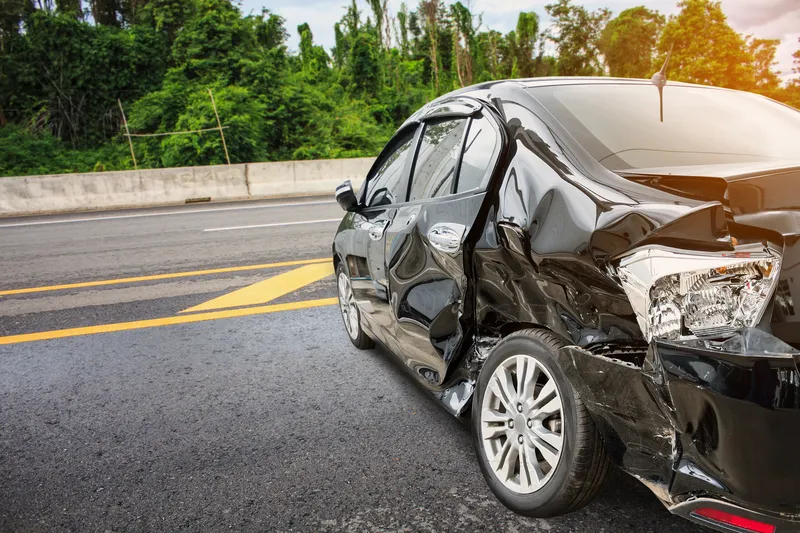South Korea's Ministry of Land, Infrastructure and Transport has begun testing of vehicle-crash avoidance technology on a short road from Seoul to Suwon on the Seoul-Busan expressway, with a view to reducing the number of highway accidents.
The accident avoidance system uses wireless access in vehicular environment (WAVE) technology which allows vehicle-to-vehicle and vehicle-to-infrastructure communication, detecting any change in road conditions and warning drivers of potential hazards. Closed circuit
July 11, 2014
Read time: 2 mins
South Korea's Ministry of Land, Infrastructure and Transport has begun testing of vehicle-crash avoidance technology on a short road from Seoul to Suwon on the Seoul-Busan expressway, with a view to reducing the number of highway accidents.
The accident avoidance system uses wireless access in vehicular environment (WAVE) technology which allows vehicle-to-vehicle and vehicle-to-infrastructure communication, detecting any change in road conditions and warning drivers of potential hazards. Closed circuit television cameras monitor road conditions and transmit a warning to other vehicles.
The WAVE technology also monitors the status of other vehicles within a 500-metre radius and warns drivers of hazards such as a car making a sudden stop.
"The fatality rate in rear-end collisions involving a stopped vehicle on highways is up to six times higher than that of other types of accidents, but there has not been a technology that can effectively prevent such accidents," the ministry said.
If successful, the ministry expects the technology to reduce highway accidents by up to 80 per cent.
The accident avoidance system uses wireless access in vehicular environment (WAVE) technology which allows vehicle-to-vehicle and vehicle-to-infrastructure communication, detecting any change in road conditions and warning drivers of potential hazards. Closed circuit television cameras monitor road conditions and transmit a warning to other vehicles.
The WAVE technology also monitors the status of other vehicles within a 500-metre radius and warns drivers of hazards such as a car making a sudden stop.
"The fatality rate in rear-end collisions involving a stopped vehicle on highways is up to six times higher than that of other types of accidents, but there has not been a technology that can effectively prevent such accidents," the ministry said.
If successful, the ministry expects the technology to reduce highway accidents by up to 80 per cent.









